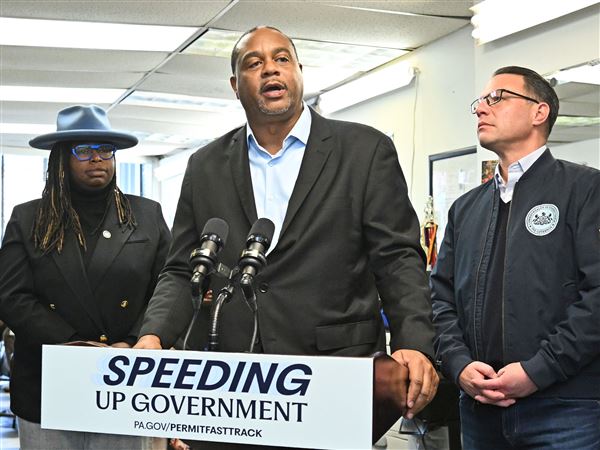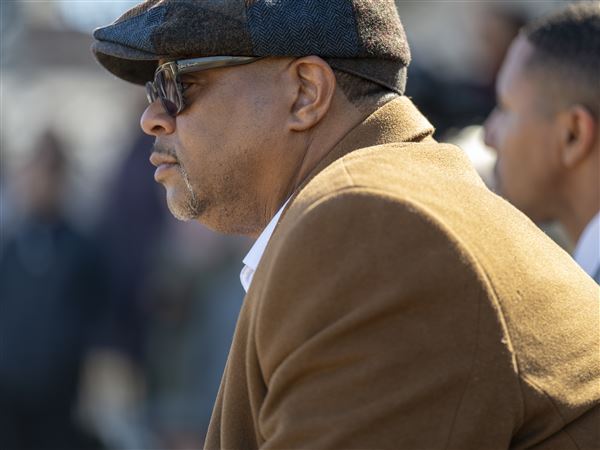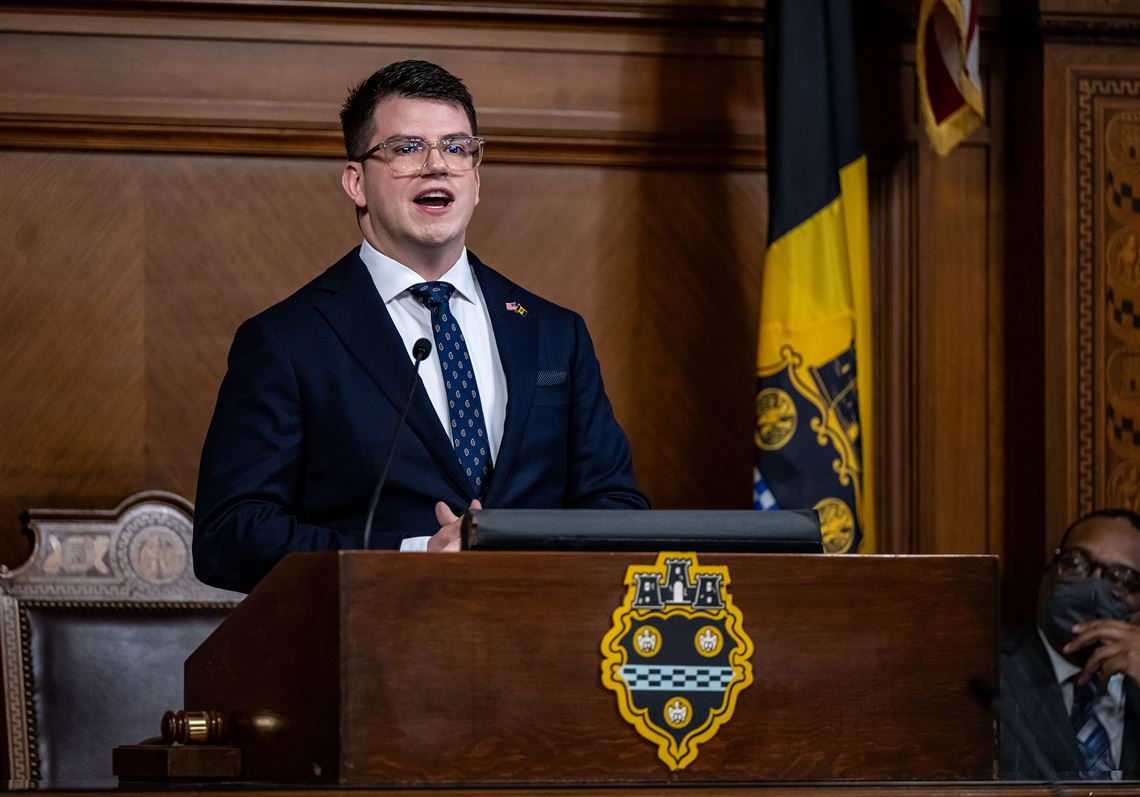A bid by Pittsburgh City Councilman Bob Charland to appeal to Gov. Josh Shapiro for an official emergency declaration to battle trash and illegal dumping in Pittsburgh was softened by his colleagues to a simple plea for help. They were right: It’s just not the kind of concern that rises to a state emergency.
But Mr. Charland is also right to raise the profile of an issue that’s hiding in plain sight: Trash in public spaces has become a major quality of life problem for Pittsburghers, and a turnoff for visitors. Something has to be done about it.
Pittsburgh is a particularly hard city to keep clean. Its topography creates innumerable nooks and crannies where refuse can collect, or where people can illegally dump with little fear of being noticed, let alone held accountable.
Community cleanliness, just like cleanliness in a home or office, requires constant vigilance. If litter and refuse is allowed to build up, it reduces the incentive for everyone to put their own trash where it belongs. When the authorities can’t be bothered to maintain high standards, why should anyone?
The premise of Mr. Charland’s plea to Harrisburg is that the problem has gotten so bad that Pittsburgh can’t handle it alone, with its own resources. That’s a bit much. Rather, it’s a question of priorities.
For instance, the Gainey administration has added dozens of positions within the Department of Public Works in recent years, though lacking a commensurate investment in vehicles and equipment it’s unclear how effective these new workers have been. To Mr. Gainey’s credit, however, the 2025 budget did include funding to expand “anti-litter inspectors” from two to 10 employees.
That funding, of course, has to be followed up with actual hiring, and deploying those workers effectively. As it stands, DPW crews tend to tackle excess public trash only after their other duties are complete. It’s not an afterthought, but it’s not a priority, either. In practice, that means it often doesn’t happen.
We’d like to see a protocol, or maybe even dedicated crews (and not just inspectors), entirely committed to combatting the trash problem. Maybe one day a week, or two days a month, DPW could focus exclusively or primarily on refuse cleanup, to ensure it’s not a duty that gets lost in the shuffle.
Illegal dumping on private property is a more difficult matter: The city needs to get a court order to clean up private land. As tempting as it is to consider this an ask-forgiveness-not-permission situation, it would be better to aggressively pursue court permission, especially when public safety is at risk, such as the presence of environmental contaminants or buildup on hillsides.
The truth is that letting trash go is not just an aesthetic issue, but a matter of public health and safety. When Councilman Anthony Coghill participated in a cleanup of the Liberty Tunnel interchange, he found hundreds of used needles. And trash generally nurtures a sense of impunity — that community standards don’t matter, and that no one is going to enforce them in any event.
Cleaning up Pittsburgh — especially with the NFL Draft coming next year — is an investment in health, safety, beauty and civic pride. It shows that the people and their government care about this place, which makes others more likely to care about it, as well.
First Published: April 11, 2025, 8:30 a.m.
















